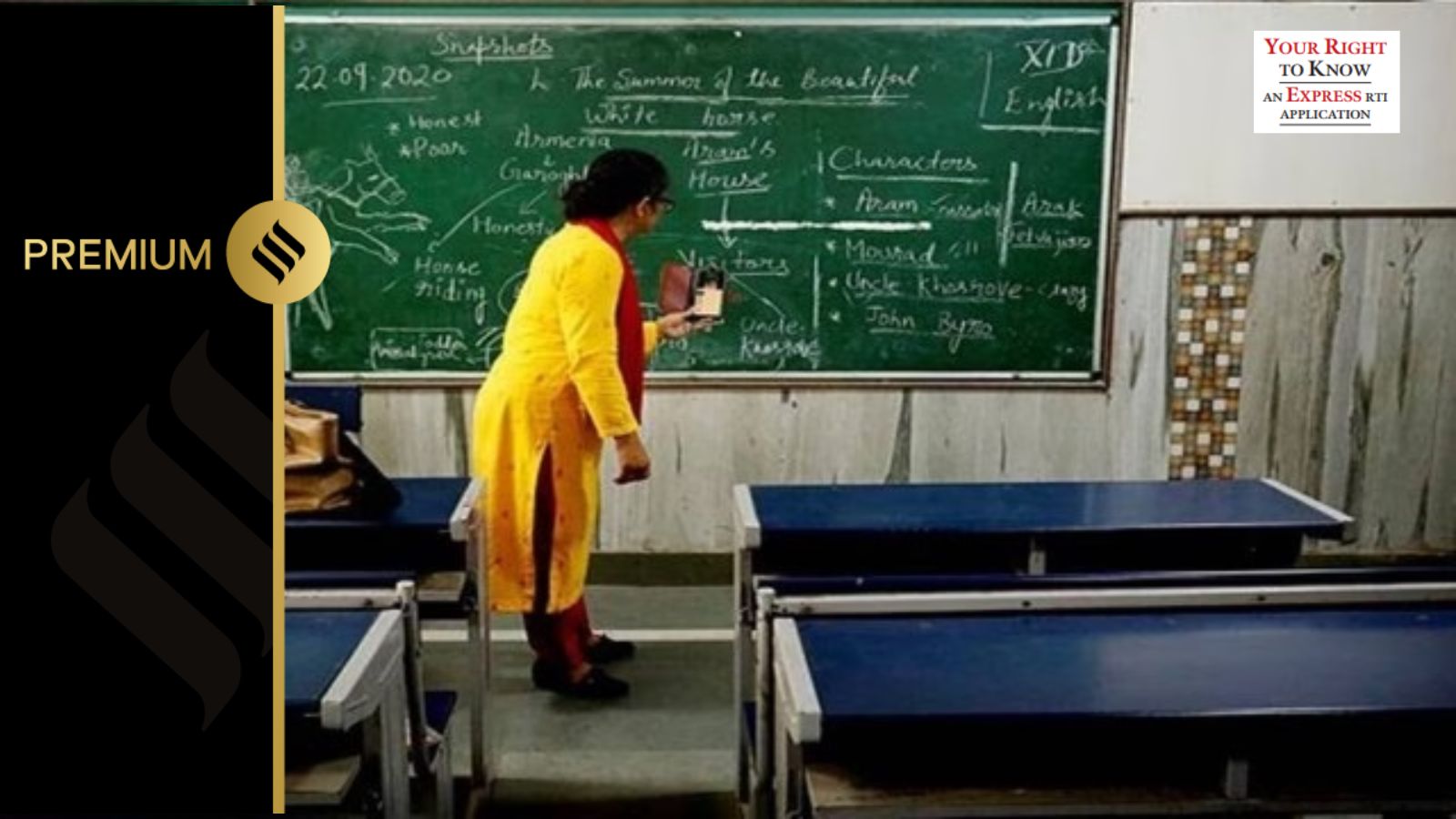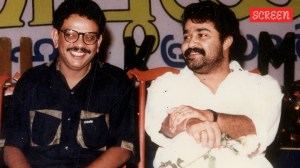NEARLY FOUR years after reservation for the Economically Weaker Section (EWS) was introduced, almost all faculty positions for associate professors and professors in Central universities under this quota remain vacant due to a contradiction between two eligibility criteria set by the Union government, according to data accessed under the RTI Act by The Indian Express.
As on July 1, 2023, of the 35 Central universities with sanctioned EWS faculty posts, 31, including premier institutions like Delhi University, Hyderabad Central University (HCU), University of Allahabad, and Pondicherry University, have failed to fill even a single position at the associate professor and professor level. This has resulted in about 380 faculty positions being left unfilled, exacerbating the issue of faculty shortage.

And it is not for lack of efforts by the Central universities. They have carried out multiple recruitment drives in the recent past to fill the teaching positions.
The vacancy results from a contradiction between the higher education regulator University Grants Commission’s (UGC) eligibility criteria for teacher recruitment and the conditions for EWS quota eligibility in Central government jobs laid down by the Ministry of Personnel, Public Grievances and Pensions (DoPT).
As per DoPT guidelines, an applicant for a post under Government of India in the EWS category must have a total annual family income of less than or equal to Rs 8 lakhs. According to the UGC, to be eligible for direct recruitment at the associate professor and professor levels, a candidate should have worked as an assistant professor for at least eight years. However, the pay of an assistant professor with eight years of experience exceeds Rs 8 lakh annually. This contradiction renders everyone ineligible for recruitment as associate professor or professor.
However, this does not impact recruitment at the level of assistant professor, which is an entry-level post in academia. It is quite possible for EWS applicants at the entry-level to have annual family income of equal to or less than Rs 8 lakh.
But even at the entry or the Assistant Professor level, in the four years since EWS has been introduced in 35 CUs, one out of every three sanctioned posts or 64.4% remain vacant. In comparison, across all 46 CUs, in the general category, 893 or 14% posts are vacant, SC 266 or 20%, ST 161 or 23% and OBC 681 or 29%, are vacant.
Story continues below this ad
The Indian Express reached out to all 28 Central universities that haven’t managed to recruit a single EWS associate professor and professor. As many as 13 acknowledged that the contradiction made it impossible to fill such posts. Some have even flagged the issue to the Ministry of Education.
When contacted, Delhi University Vice-Chancellor Yogesh Singh said, “Under the EWS quota, the total family income should be Rs 8 lakh per annum, but when one becomes an associate professor, the income would be more than Rs 8 lakh which makes most of them ineligible to apply. I think the Government of India is also thinking about this issue and hopefully an amendment might come in this in the future, but until the meantime, appointments are not possible under this quota.”
Delhi University has 26 professor positions sanctioned under this quota, and 64 EWS posts at the level of associate professor. All remain vacant.
Another reputed institution, University of Allahabad’s 27 teaching positions under EWS quota haven’t been filled. Professor Dhananjay Yadav, head of the recruitment cell at the university, told this newspaper that the “the conflict between the UGC and the EWS norms was evident from the time of the latter’s release.”
Story continues below this ad
 EWS faculty posts lying vacant in Central Universities
EWS faculty posts lying vacant in Central Universities
“We sent queries even when the notification related to the EWS (recruitment) was released. Total family income is counted in EWS. How is it possible to find a candidate with an income less than or equal to Rs 8 lakhs?” he said. The University last released a call for hiring to the teaching positions — of assistant professor, associate professor, and professor — in September 2021.
The recruitment cycle drew to a close in June 2023, with the university unable to find any eligible candidate for the positions of associate professor and professor under the EWS category. “Every central university is suffering from the same problem,” Yadav emphasised, highlighting the ubiquity of the problem.
An officer in the Visva Bharati University establishment told this newspaper, on the condition of anonymity, that the administration had written to the Ministry of Education, flagging the contradiction at the time of the announcement of the EWS quota. However, the university was instructed to follow the government mandate. “No information has come from the Ministry so far,” the officer said.
Emails to the Ministry of Education on how it plans to address the contradiction did not elicit a response. Calls and messages left with UGC Chairman Jagadesh Kumar went unanswered. However, an officer in the Education Ministry, speaking on the condition of anonymity, told The Indian Express that the Ministry had sent a letter to DoPT seeking their comments on the matter. “The norms for recruitment are overseen by DoPT. We’ve written a letter to them seeking their comments. The response is awaited,” the official said.
Story continues below this ad
Of the 35 central universities, four — Guru Ghasidas Vishwavidyalaya (GGV) in Chattisgarh, Central University of Sanskrit, Mahatma Gandhi Antarashtriya HIndi Vishwavidyalaya and Banaras Hindu University (BHU) — have managed to fill some EWS faculty positions at the level of associate professor and professor. While GGV has recruited three associate professors under the quota, Central University of Sanskrit and Mahatma Gandhi Antarashtriya Hindi Vishwavidyalaya has found one each at the same level and BHU has employed two.
Data with this newspaper also shows that GGV has recruited three candidates for the position of professor under EWS quota. GGV and Central University of Sanskrit did not respond to the requests seeking comments on how they managed to recruit candidates despite the contradiction in EWS norms.
An officer in the BU administration, who spoke on the condition of anonymity, said the university found two eligible candidates at the associate professor level as they were employed on ad hoc or contractual basis in their previous job and they met the EWS income criterion.
“To be appointed as associate professor, a candidate needs to have a minimum of 8 years of teaching experience. This experience can be in any form, it can be on a full-time contractual basis. Ad hoc and contractual basis professors who get low income have been appointed under these posts. In the appointment of the two candidates, BHU has followed all the norms and rules laid down by the government,” said the BHU official.



 EWS faculty posts lying vacant in Central Universities
EWS faculty posts lying vacant in Central Universities





























